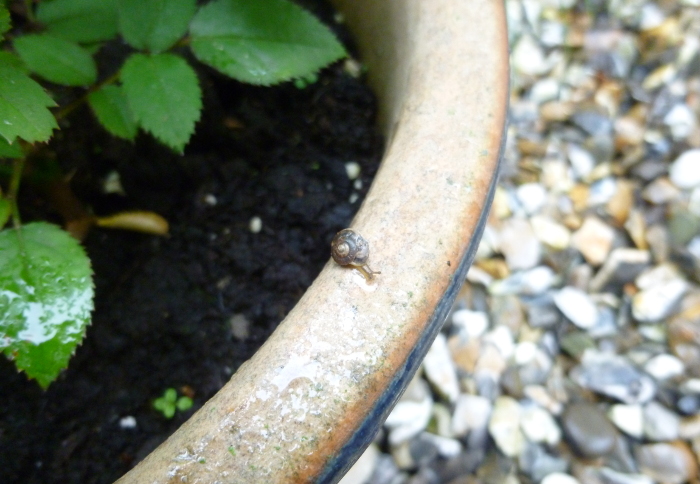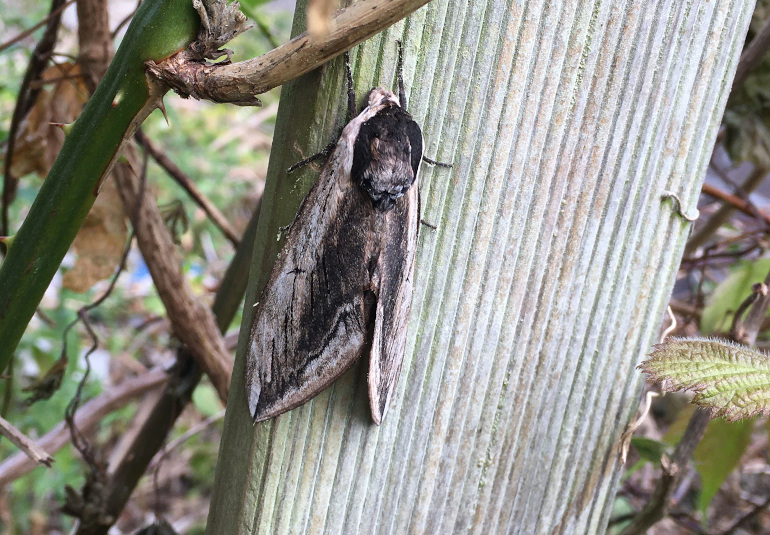 The Nan Shepherd Prize is accepting submissions until 10th September 2019. This new competition launched by Canongate aims to find the next major voice in nature writing. It intends not only to celebrate nature writing but provide an inclusive platform for new and emerging nature writers from underrepresented backgrounds.
The Nan Shepherd Prize is accepting submissions until 10th September 2019. This new competition launched by Canongate aims to find the next major voice in nature writing. It intends not only to celebrate nature writing but provide an inclusive platform for new and emerging nature writers from underrepresented backgrounds.
The competition has been established in memory of Nan Shepherd. The organisers say: “While her classic of nature writing The Living Mountain took three decades to first find a publisher, today the book is recognised as a masterpiece and Nan is inspiring a new generation of writers. We felt that a prize named after her was a fitting way to honour her legacy.”
The winner of The Nan Shepherd Prize for Nature Writing will receive a book deal with Canongate, including editorial mentoring and an advance of £10,000, as well as the option of literary representation with Jenny Brown Associates.
During the submissions period, the Canongate team will publish resources intended to demystify the publishing process.
The competition judges are Amy Liptrot, Chitra Ramaswamy, Jenny Brown and Nick Barley.
Applications are open to previously unpublished writers based in the UK and Ireland, who consider themselves underrepresented in nature writing, whether through ethnicity, disability, class, sex, gender, sexuality or any other circumstances. This means that entrants must not have published full-length books of fiction or non-fiction (including children’s books) with a trade publisher. Full details of eligibility and how to submit can be found here.
Got an event, challenge, competition or call for submissions you’d like to draw my attention to? Send me an email at JudyDarley(@)ICloud(dot)com.


 The Nan Shepherd Prize is accepting submissions until 10th September 2019. This new competition launched by
The Nan Shepherd Prize is accepting submissions until 10th September 2019. This new competition launched by